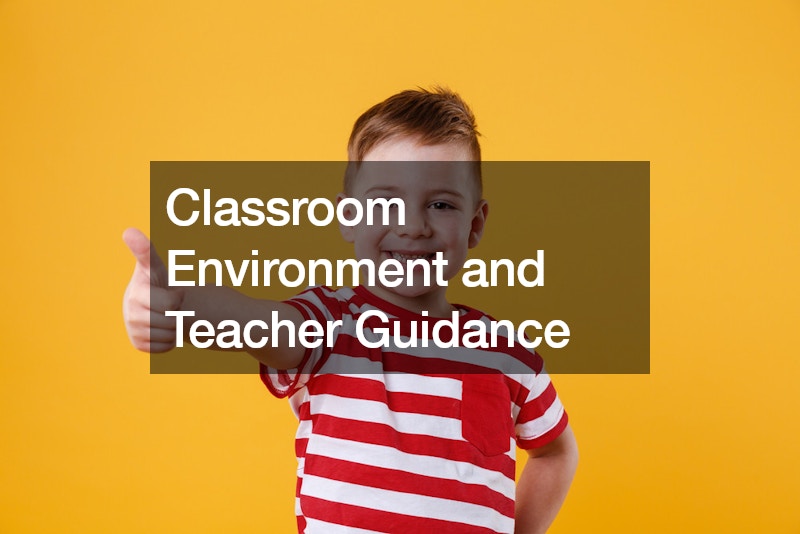
Cooperation is a vital skill that children learn in school, setting the foundation for positive social interactions and successful teamwork in later life. The best early childhood program employs various strategies to teach students how to work together harmoniously, emphasizing the importance of collaboration from a young age.
Classroom Activities and Group Projects
One of the primary ways children learn cooperation is through classroom activities and group projects. Teachers assign tasks that require students to work in pairs or small groups, encouraging them to share ideas, divide responsibilities, and support each other.
These collaborative efforts help children understand the value of teamwork, fostering a sense of community and mutual respect. By working together towards a common goal, students learn to communicate effectively, listen to others’ viewpoints, and compromise when necessary.
Role-Playing and Cooperative Games
Role-playing and cooperative games are also instrumental in teaching cooperation. These activities provide a fun and engaging way for children to practice working together. For instance, games like “team-building exercises” or “group problem-solving challenges” require students to rely on each other’s strengths and skills. Through these interactions, children learn the importance of empathy, patience, and cooperation. They discover that success is often a collective effort, rather than an individual accomplishment.

Classroom Environment and Teacher Guidance
The best early childhood program environment itself plays a crucial role in promoting cooperative behavior. Teachers set the tone by modeling cooperative behavior and establishing a classroom culture that values respect and teamwork. They provide clear guidelines and expectations for cooperative conduct, such as taking turns, sharing resources, and offering help to classmates. Positive reinforcement, such as praise and rewards for cooperative behavior, also encourages children to continue practicing these skills.
